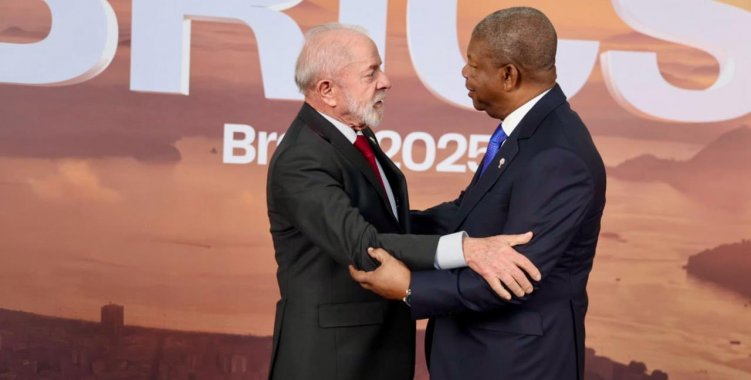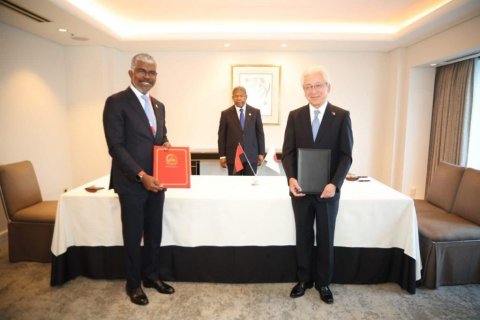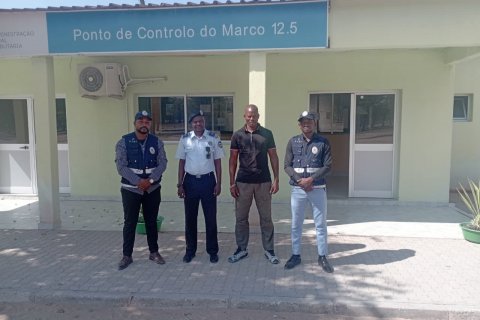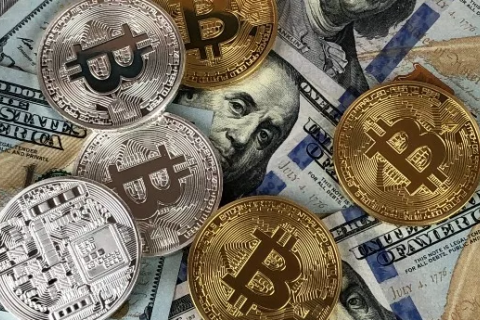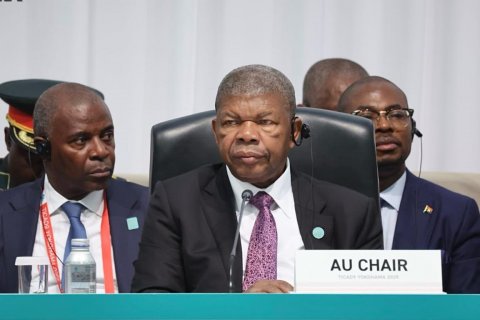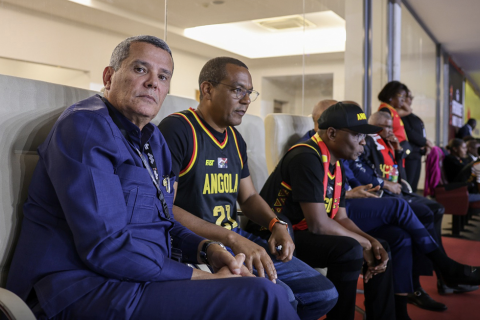“I cannot help but say that the nations of the Global South have been clamoring for decades to be included in the discussion and decisions made regarding the creation of fair, balanced development factors capable of meeting their fundamental concerns, without having been fully heard,” said João Lourenço, before representatives of around 30 countries and a dozen international organizations, who are in the Brazilian city of Rio de Janeiro to participate in the XVII Summit of Heads of State and Government of the BRICS.
Now, the President argued, Africa feels that it is “facing a real possibility, in terms of the BRICS and its institutions” of being able to “talk about financing for the development of Africa and the infrastructure it needs, to respond more fully to the challenges it faces.”
The BRICS, he stressed, can help “overcome the obstacles that condition the implementation of essential projects in the areas of agriculture, health, education, science and technology, energy, transportation, telecommunications.”
Lula da Silva received BRICS leaders in Rio de Janeiro on Sunday for the group's annual summit, marked by the absence of presidents such as Russia's Vladimir Putin and China's Xi Jinping, at a summit that will be attended by around 30 countries and a dozen international organizations and will run until Monday.
Putin will participate via videoconference, after declining an invitation from Lula da Silva because he is under arrest warrant issued by the International Criminal Court for alleged crimes committed during the war in Ukraine, and will be represented by Foreign Minister Sergey Lavrov.
More surprising is the absence of China's Xi Jinping, who has been a regular participant in previous summits, and will be replaced by Prime Minister Li Qiang.
The summit will focus on four main themes: reforming the organizations that govern the international order, promoting multilateralism, fighting hunger and poverty, and promoting sustainable development in a bloc that represents more than 40 percent of the world's population and more than 35 percent of the world's Gross Domestic Product (GDP).
The BRICS group was initially formed by Brazil, Russia, India, China and South Africa and, since last year, has six new full members: Egypt, Iran, the United Arab Emirates, Ethiopia, Saudi Arabia and Indonesia.
These are joined as associate members by Belarus, Bolivia, Kazakhstan, Cuba, Malaysia, Nigeria, Thailand, Uganda, Uzbekistan and Vietnam.

